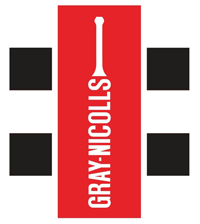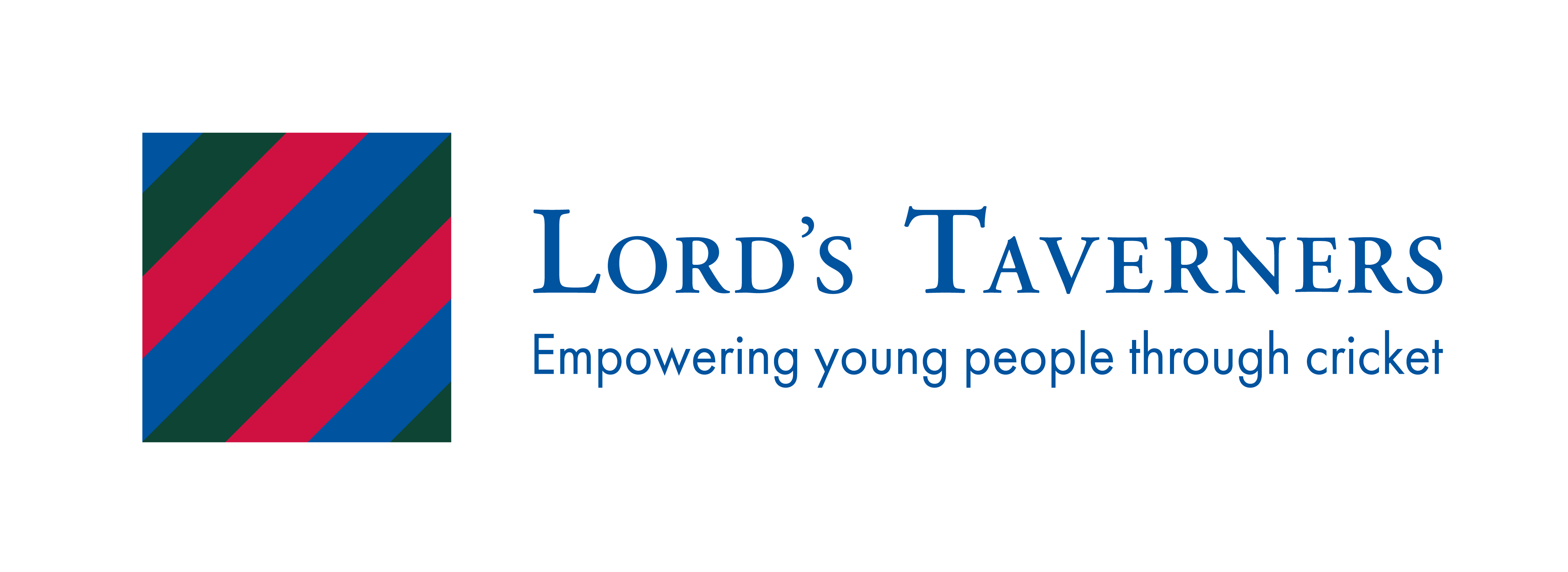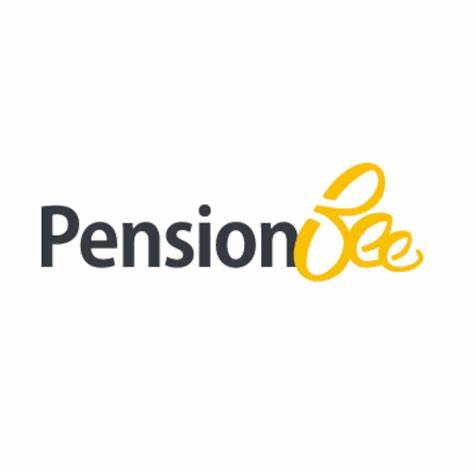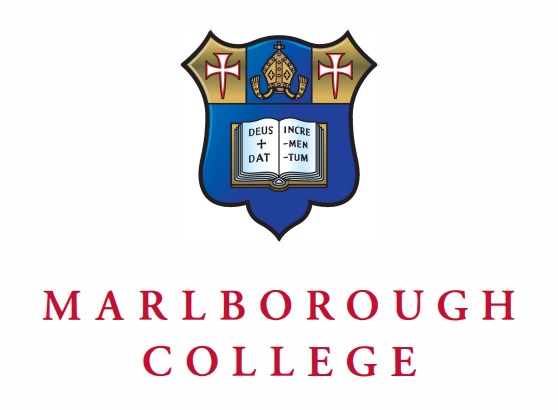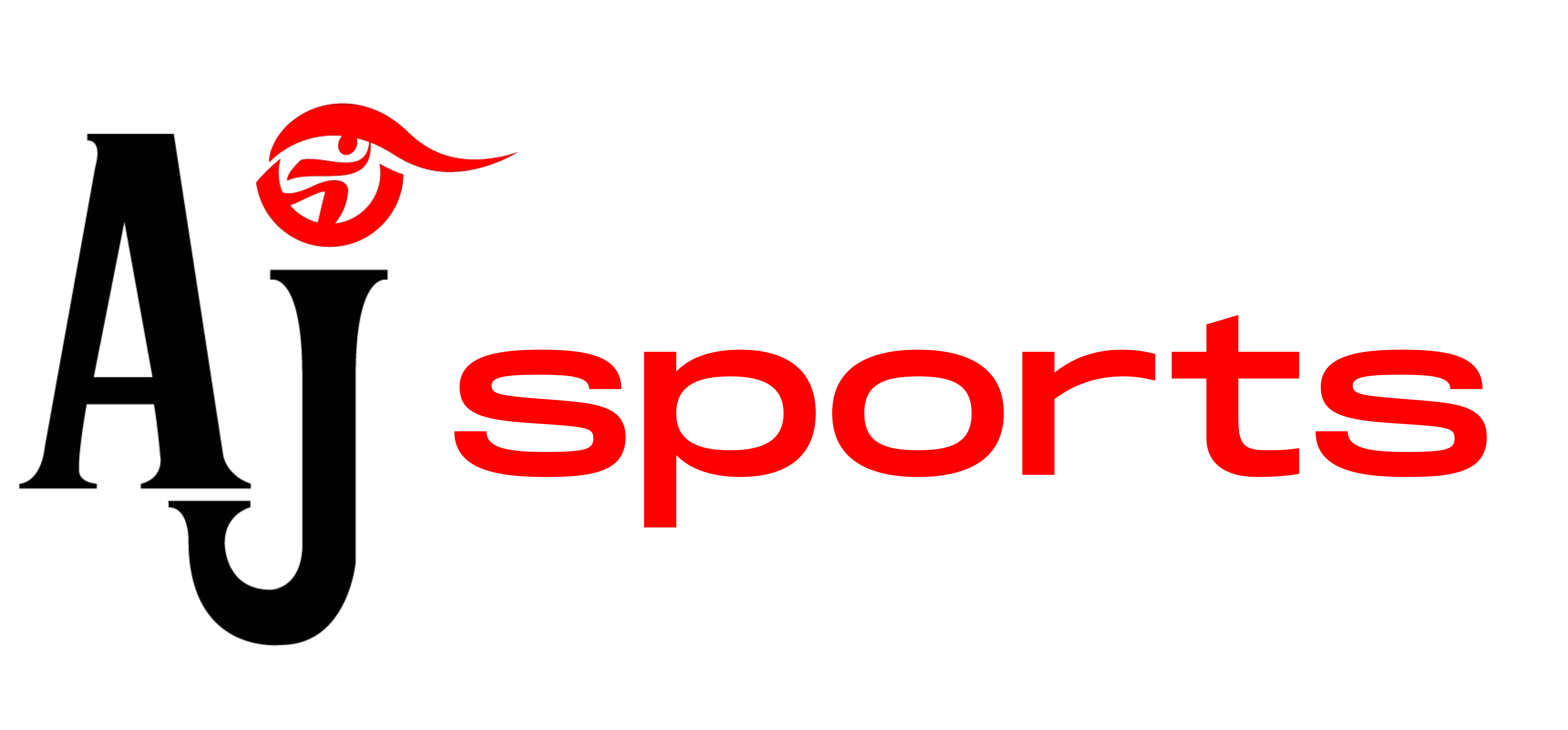HMRC Guidance
England & Wales Cricket Board – HMRC PAYE enquiries into cricket clubs
This page covers actions that Cricket Clubs should take if they are subject to a PAYE compliance check by HMRC. It will not cover every specific issue that Clubs may need to address and therefore in all cases Clubs are advised to seek their own professional advice.
Background
HMRC often collects substantial amounts of unpaid PAYE tax and National Insurance (NI) from sports clubs with liabilities that can go back several years. This is because clubs have not kept to the rules for deducting PAYE and NI from their employees. A club is responsible for;
1. Collection and payment of PAYE and NI to HMRC in relation to employees, and
2. Completion of forms and returns including those relating to expenses and benefits.
HMRC regularly confirms whether clubs comply with these obligations by carrying out compliance visits and asking for supporting information.
Current Developments (as of February 2013)
HMRC are currently carrying out PAYE compliance checks on cricket clubs in one County which may extend to other Counties. HMRC Compliance has recently sent out letters requesting a potentially extensive amount of information going back nearly 6 years concerning;
- Overseas players
- Other players
- Bar staff
- Coaches
- Payments to other staff and workers
The purpose of these requests is for HMRC to confirm whether PAYE and NI is being correctly applied in accordance with the appropriate procedures. Clubs should take great care in responding to HMRC’s enquiries. They may have particular difficulties in finding historical information and documentation.
Possible difficult areas for the club
Historically the following areas may result in HMRC collecting PAYE and NI from clubs where the appropriate procedures have not been properly applied;
- Failure to apply PAYE and NI to gross cash payments to individuals who are employed
- Incorrectly treating employed individuals as self employed
- Round sum allowances which are not supported by actual costs
- Payments to casuals
- Travel and subsistence expenses which are excessive or not documented adequately
- Expenses and benefits reporting generally on forms P11D (these apply where the rate of earnings exceeds £8,500 pa).
Many individuals help at cricket clubs “for the love of it” and expense payments are often made to cover genuine travel and other expenses. In such cases it may be possible to establish that the volunteer (including a player without a contract) is involved for “the love of the game” and is not an employee because he or she is not making any money out of it. This principle may help in negotiations with HMRC.
Recommended action for clubs
A club in receipt of a letter from HMRC Compliance should;
- Reply acknowledging the letter and stating that the request is being considered (in one case the request is for the information to be provided within 21 days which is generally far too short a time frame to deal with the matter).
- Seek professional advice firstly from the club’s accountants and potentially from external advisers if it is deemed necessary, on how to deal with the enquiry before responding in full.
- If, based on this advice, the club thinks there is a risk it may have to pay substantial amounts of PAYE and NI going back several years carry out a detailed review and prepare your own calculations supported by documentation with the help of your advisers first before approaching HMRC.
- Do not accept any HMRC calculations without challenge but use the results of your review to negotiate with HMRC.
- Having agreed a settlement, where appropriate, see whether a deferral of payment will be accepted by HMRC but remember that the club will face interest on the tax due and may also be subject to penalties.
- Put matters right for the future – the settlement may provide a useful basis for dealing with issues in the future.
